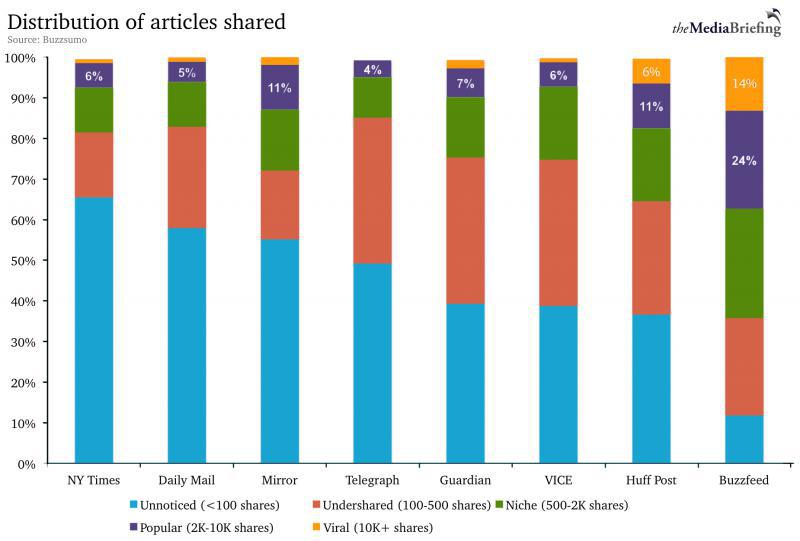Automated narratives
We are soon going to reach, if we haven't yet, 'Peak Artificial Intelligence' I think.
There have been a million examples of 'AI will replace XYZ' or 'AI for 'Insert your favorite process here'' pieces and developments in the last couple of years, and if you and your organization is not at least thinking about incorporating AI into your business processes, well, the conventional thinking goes, you are going to be left behind. I suppose time will tell on that. I think the adage (was it from Bill Gates?), that we tend to overestimate the impact of new technology in the short term, and underestimate its impact in the long term probably applies to AI as well. AI is definitely coming to a business process near you, it is just a little unclear how long it will be and how much impact it will have on your organization, people, and business.
But one fairly common theme in all the talk about AI (and automation more generally), is that it will effect and potentially replace more mundane, repetitive, rules-heavy, and precisely defined processes and roles (at least initially), while leaving creative, nuanced, complex, and more sophisticated processes and roles to the humans, (at least for now). Robots are going to take the wareghouse jobs and maybe some/most of the cashier jobs, but 'creative' types like marketers and advertising folks for example would be largely safe from automation. While Watson can win ay Jeopardy! and Google can build a machine to win at Go, no AI can come up with say, one of the amazing ads we just saw on the Super Bowl. Right?
But wait...
Check out this excerpt from a piece on Ad Week - 'Coca-Cola Wants to Use AI Bots to Create Its Ads'
Coca-Cola is one of the most beloved brands in the world and is known for creating some of the best work in the advertising industry. But can an AI bot replace a creative? Mariano Bosaz, the brand’s global senior digital director, wants to find out.
“Content creation is something that we have been doing for a very long time—we brief creative agencies and then they come up with stories that they audio visualize and then we have 30 seconds or maybe longer,” Bosaz said. “In content, what I want to start experimenting with is automated narratives.”
In theory, Bosaz thinks AI could be used by his team for everything from creating music for ads, writing scripts, posting a spot on social media and buying media. “That’s a long-term vision,” he said. “I don’t know if we can do it 100 percent with robots yet—maybe one day—but bots is the first expression of where that is going.
It is one thing when a manufacturing executive states that he or she wants to automate some or most aspects of a manufacturing or assembly process and reduce levels of human employment in favor of technology - we are coming to expect that robots and tech and AI are simply inevitably going to do those jobs in the future.
But it is kind of a different thing entirely to hear a 'creative' executive from one of the world's largest companies and most recognized brands to openly discuss how technology like AI can and probably will begin to take over some or even most parts of a highly creative, expressive process like developing advertising content. We don't, or at least I don't, like to think of these kinds of tasks and jobs as ones that could also fall into the category of 'We are better off having a robot do that'. I mean, (trying) to be creative is mostly how I make a living. Emphasize the 'trying' part.
'Automated narratives', for some reason that term stuck out for me when I read the Ad Week piece. Hmm. Probably need to think about that a little longer.
But while I am pondering, I will end with the disclaimer that this post, (and so far, all the posts on this blog), was 100% produced by a person. Although some days I wish I had access to a blog-writing 'bot.
Have a great day!

 Steve
Steve


